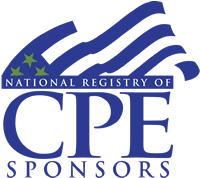
An Interactive 5-Day Training Course
Power Generation Gas Turbines
Design, Operation and Maintenance Strategies



We regret to inform you that we currently don't have any sessions scheduled for this course.
Please let us know your preferred date and venue, and we'll contact you soon.
Today’s world needs for continuous supply of high quality power has necessitated developing methods for maximising the reliability of gas turbines and their auxiliary systems. This also has stimulated interest in methods to improve their design, performance and maintenance strategies.
The course will:
After attending this course, delegates will gain extensive understanding of the following:
The seminar will be conducted along workshop principles with formal lectures, practical videos and interactive worked examples. There will be a number of workshops using real life cases as examples. The emphasis in the course will be on the explanation of all design and technical aspects and providing answers to problems that are encountered in everyday industrial practice. Each learning point will be reinforced with practical examples. There will be ample opportunities for active discussion and sharing professional experiences exchange
After attending this course, delegates will be able to help their organisations to:
Delegates will gain valuable skills on:

Yes, upon successful completion of any of our training courses, GLOMACS Certificate will be awarded to the delegates. This certificate is a valuable addition to your professional portfolio and is recognized across various industries.
